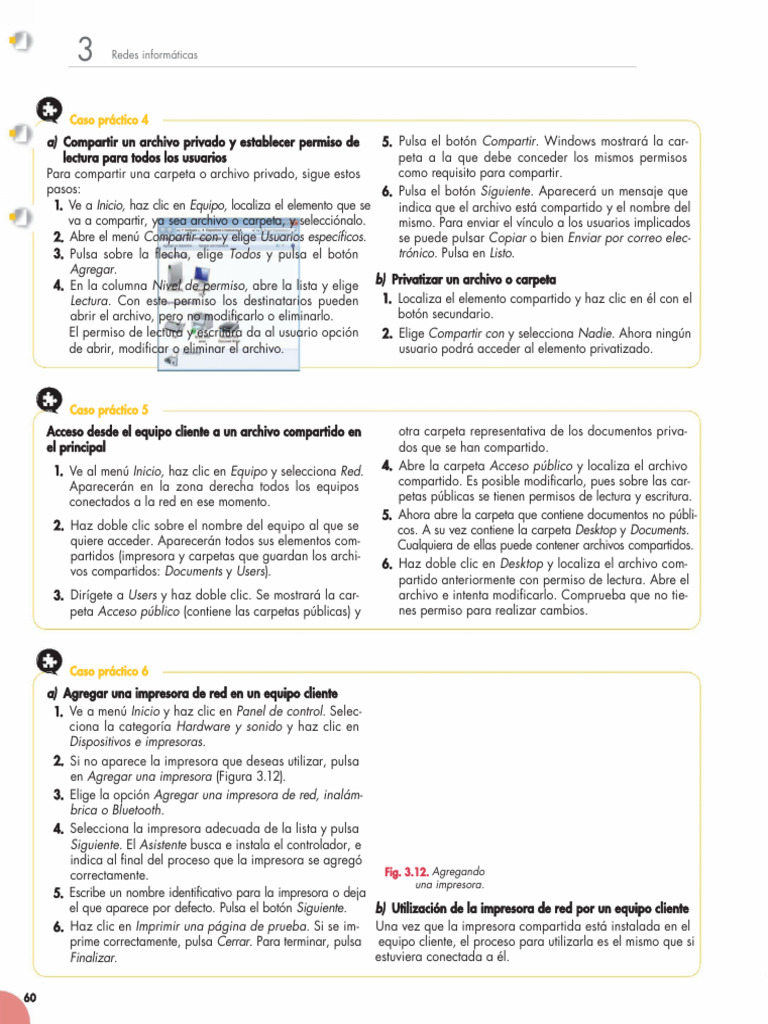Marketing Questions for Interview
In the realm of marketing, understanding the intricacies of consumer behavior, market trends, and the strategies that drive business success is paramount. When preparing for an interview in this field, having a comprehensive grasp of marketing principles, from foundational theories to cutting-edge digital strategies, is essential. Here, we delve into a series of questions designed to probe deep into a candidate’s knowledge, experience, and innovative thinking in marketing, covering both traditional and contemporary aspects of the discipline.
Foundational Marketing Questions
What are the 4 Ps of marketing, and how have they evolved in the digital age?
- This question assesses the candidate’s understanding of the fundamental principles of marketing: product, price, place, and promotion, and their ability to adapt these principles to modern marketing challenges.
How do you segment a market, and what criteria do you use for targeting?
- Market segmentation and targeting are crucial for any marketing strategy. The candidate should demonstrate knowledge of demographic, geographic, psychographic, and behavioral segmentation and how to select target markets based on factors like market size, growth potential, and competition.
What is the difference between a brand and a product, and how do you build brand equity?
- This question evaluates the candidate’s understanding of brand management, including the distinction between a brand (which encompasses values, personality, and identity) and a product (which is a tangible offering). They should discuss strategies for building brand equity, such as consistency, quality, and customer engagement.
Digital Marketing Questions
How do you measure the success of a digital marketing campaign, and what metrics do you consider most important?
- The candidate should be familiar with metrics such as conversion rates, click-through rates (CTR), return on ad spend (ROAS), and customer acquisition cost (CAC). They should explain how these metrics are used to evaluate campaign effectiveness and guide future marketing efforts.
What is SEO, and how do you optimize a website for search engines?
- This question assesses the candidate’s knowledge of search engine optimization (SEO) strategies, including keyword research, on-page optimization (e.g., meta tags, content quality), off-page optimization (e.g., link building), and technical SEO (e.g., site speed, mobile responsiveness).
Describe a situation where you had to analyze a large dataset to inform a marketing decision. What tools did you use, and what insights did you gain?
- This behavioral question evaluates the candidate’s analytical skills, ability to work with data, and capacity to derive actionable insights that can inform marketing strategies. They should discuss their experience with data analysis tools and how they used data to solve a marketing problem or seize an opportunity.
Strategic Marketing Questions
How do you stay updated with the latest trends and developments in marketing, and can you give an example of a recent trend you’ve leveraged in a campaign?
- This question explores the candidate’s commitment to continuous learning and their ability to apply emerging trends and technologies in marketing strategies. Examples might include leveraging social media influencers, utilizing AI in marketing automation, or incorporating sustainability messaging.
Can you describe your experience with marketing automation tools, and how have you used them to personalize customer experiences?
- Marketing automation is key to efficiency and personalization in marketing. The candidate should discuss their experience with tools like Marketo, HubSpot, or Pardot, and how they have used these platforms to automate workflows, lead nurturing, and content delivery based on customer behaviors and preferences.
How do you balance the creative and analytical aspects of marketing in your work?
- This question probes the candidate’s approach to integrating the artistic (creative) side of marketing with the scientific (analytical) side. They should describe how they use data and analytics to inform creative decisions, ensuring that marketing efforts are both innovative and effective.
Behavioral and Scenario-Based Questions
Tell me about a time when you had to launch a new product or service. What was your marketing strategy, and what were the results?
- This behavioral question allows the candidate to demonstrate their strategic thinking, creativity, and problem-solving skills in a real-world context. They should outline their marketing strategy, including market research, positioning, pricing, and promotion, and discuss the outcomes of the launch.
Imagine you’re tasked with increasing engagement on a company’s social media platforms. What steps would you take, and how would you measure success?
- This scenario-based question evaluates the candidate’s ability to think strategically about social media marketing, including content strategy, audience engagement, and metrics for success. They should discuss tactics like content diversification, influencer partnerships, contests, and analytics tools to track engagement metrics.
Describe a marketing campaign you led that didn’t meet its expected outcomes. What did you learn from the experience, and how did you apply those lessons to future campaigns?
- This question assesses the candidate’s resilience, ability to reflect on failures, and capacity to apply learned lessons to improve future outcomes. They should discuss the campaign’s objectives, strategies, and outcomes, as well as the post-campaign analysis that identified areas for improvement and how those insights were used in subsequent marketing efforts.
By exploring these questions and the nuanced discussions they provoke, a marketer’s depth of knowledge, strategic thinking, and adaptability in the ever-evolving marketing landscape can be thoroughly assessed.
